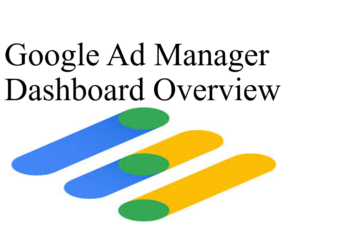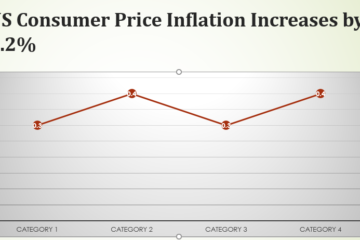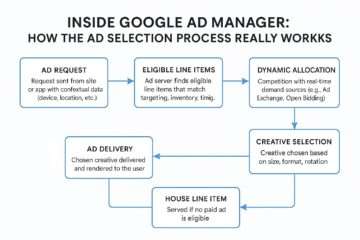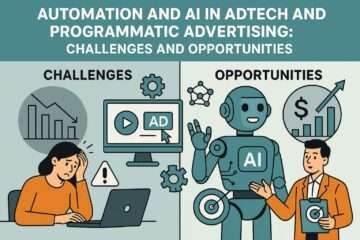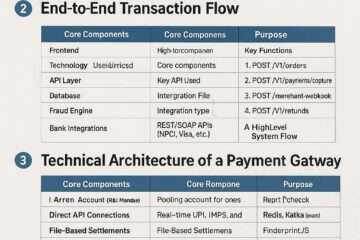

Google Privacy Sandbox once more postponed the arbitrary deadline for deprecating the third-party cookie on Tuesday, thereby averting the imminent Q4 deadline for the industry.
Yet, could it have been that tantalizing of an announcement?
Extensive industry scrutiny and numerous concerns have been expressed regarding the proposed solutions in the Privacy Sandbox. A comprehensive examination of the Sandbox’s deficiencies was undertaken by the IAB Tech Lab.
Additionally, Mediavine disseminated its discoveries regarding the latency introduced in Sandbox auctions. Furthermore, according to the ICO’s draft report, Google’s replacement proposal for cookies contains vulnerabilities that advertisers could exploit.
The Privacy Sandbox was obviously not prepared for prime time. The postponement signifies Google’s recognition that the development of its cookie substitute will require more time than initially anticipated, a development that is not unexpected among those actively engaged in testing.
However, Google’s acknowledgement of “continuing difficulties associated with harmonizing conflicting opinions from developers, regulators, and the industry” hardly touches the surface of the issue.
Collaboration is the sole solution.
Numerous individuals involved in testing have opined that Google’s product roadmap and decisions regarding the Chrome Privacy Sandbox and Google Ad Management appear to diverge. Both parties present divergent viewpoints regarding the way forward. Furthermore, they hold divergent views regarding the feasibility of the solutions they have put forth to counter the rumors that Google is stifling competition.
In addition to introducing anti-competitive implications, Google’s overly complex development of the Privacy Sandbox APIs further complicates the way forward.
A viable substitute for third-party cookies can solely be achieved through collaborative efforts within the industry. Although communication channels with the Privacy Sandbox team have gradually improved, their product and engineering teams will be responsible for addressing the most pressing issues raised by the industry and regulators at this time.
Notably, a considerable number of web browsers have effectively discontinued third-party cookies without providing substitutes. Realistically, therefore, the only way forward is for Google to maintain transparency and collaboration in order to develop a solution that preserves a degree of addressability – without essentially disregarding an audience signal on which marketers have become dependent.
A reality assessment
One could argue that Google’s decision to postpone the phase-out of its cookies, as opposed to being informed that its plans must be shelved, serves as a more practical assessment for all parties concerned.
In the end, however, it is irrelevant whether the deadline falls in the fourth quarter of 2024 or an unspecified date in 2025. The outcome will remain unchanged: The deprecation of third-party cookies is necessary to address privacy and regulatory concerns.
Furthermore, the investigation timeline established by the Competition and Markets Authority (CMA) remains unaffected by any delay disclosed by the Chrome team.
Advertisers, publishers, and the entire ad technology ecosystem have been granted until June’s end by the CMA to continue testing and documenting their findings, concerns, and proposed solutions. Thus, the industry retains the same opportunity to assist the CMA in assessing whether the Privacy Sandbox poses a threat to digital advertising competition and revenue generation for publishers.
Innovation is impatient.
Google has actively responded to the concerns raised in Mediavine’s Privacy Sandbox, resulting in collaborative troubleshooting endeavors and a steadfast dedication to developing an optimal solution for the industry. Those indications are indeed encouraging.
We still have work to do, however. The state of the industry is precisely the same as it was the day before Google’s announcement on Monday. An imminent state of affairs may devoid of third-party cookies. It is incumbent upon us to provide the CMA with our viewpoints by the conclusion of June.
Regardless of whether the cookie is eliminated from Chrome in the first or third quarter of 2025, the industry must continue to innovate and adapt.
In the end, innovation stagnation poses a more significant threat to digital advertising than the abolition of cookies. In addition, the deprecation of third-party cookies has already absorbed the entire industry for far longer than necessary.
The fundamental reality will remain unchanged regardless of the CMA’s findings or Google’s announcement this week or later this year: Identifying, developing, and implementing solutions that do not depend on third-party cookies is critical.



















































